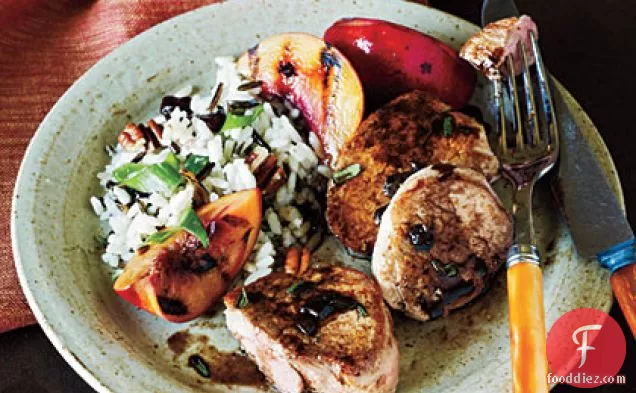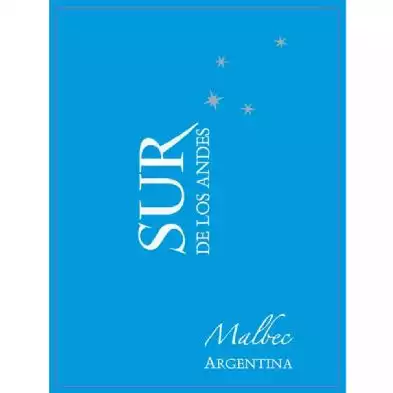Pork Tenderloin Medallions and Balsamic Reduction

Need a gluten free and dairy free sauce? Pork Tenderloin Medallions and Balsamic Reduction could be a super recipe to try. One serving contains 233 calories, 24g of protein, and 8g of fat. This recipe serves 4. This recipe covers 16% of your daily requirements of vitamins and minerals. Head to the store and pick up balsamic vinegar, salt, garlic clove, and a few other things to make it today. From preparation to the plate, this recipe takes roughly 15 minutes.
Instructions
1
Heat oil in a small saucepan over medium-high heat.
Ingredients you will need![Cooking Oil]() Cooking Oil
Cooking Oil
Equipment you will use![Sauce Pan]() Sauce Pan
Sauce Pan
4
Heat a large skillet over medium-high heat. Coat pan with cooking spray.
Ingredients you will need![Cooking Spray]() Cooking Spray
Cooking Spray
Equipment you will use![Frying Pan]() Frying Pan
Frying Pan
Ingredients
Recommended wine: Malbec, Pinot Noir, Sangiovese
Pork Tenderloin works really well with Malbec, Pinot Noir, and Sangiovese. Pinot noir's light body is great for lean cuts, medium bodied sangiovese complement meaty sauces, stews, and other multi-ingredient dishes, and full-bodied tannic malbec pairs with fatty cuts and barbecue. One wine you could try is Sur de los Andes Malbec. It has 4.9 out of 5 stars and a bottle costs about 10 dollars.

Sur de los Andes Malbec
A juicy Malbec with lively acidity backing the raspberry, blackberry and plum notes woven with soft tannins and spice-tinged finish. All the grapes are double sorted upon arrival to the winery. All fermentations take place naturally with native yeasts. Fermentation takes 20 days with 2 days of cold maceration, at temperatures between 24-27 Celsius to achieve the most complexity. The wine then goes through 100% Malolactic Fermentation and is aged in older oak casks.DifficultyNormal
Ready In15 m.
Servings4
Health Score12
Related recipes
Mini Greek Burgers
South-Of-The-Border Meat Loaf
Curried Chicken and Grits Casserole
Aztec Casserole
Magazine

Your Inner Chef with Taylor Swift's Top 3 Recipes from Her Beloved NYC Hangout

20 Mouthwatering Recipes You Need to Try Today!

Master the Art of Making Perfect Pancakes with This Foolproof Recipe

The Science Behind Red Wine: Its Surprising Health Benefits and Potential Risks

12 Wine Cocktails for a Sophisticated Twist

Sip, Swirl, and Celebrate: Toasting to National Wine Day on May 25th

National Drink Wine Day on February 18

Celebrating Souffle Day with Delectable Delights

Indulge in the Delightful Flavor of Oyster Soup on Its Special Day!

Celebrating World Nutella Day

Your Inner Chef with Taylor Swift's Top 3 Recipes from Her Beloved NYC Hangout

20 Mouthwatering Recipes You Need to Try Today!

Sip, Swirl, and Celebrate: Toasting to National Wine Day on May 25th

National Drink Wine Day on February 18

Indulge in the Delightful Flavor of Oyster Soup on Its Special Day!

These Super Recipes for Your Football Party!

The Secrets Behind 3 Classic Comfort Food Recipes

Recipes to Spice Up Your February Menu

Top 20+ Must-Try Recipes Dominating February 2024






















